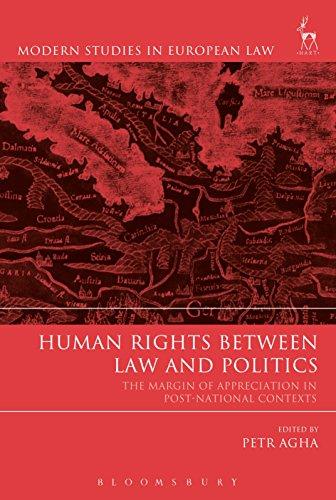Question
Provide detailed answers to the following questions. 1.According to sources of law, the bill is drafted by parliament and passed by the national assembly which
Provide detailed answers to the following questions.
1.According to sources of law, the bill is drafted by parliament and passed by the national assembly which presents to the president for his assent where by it will be passed into a law through some stages. Discuss the president's refusal to assent to the bill.
2.Laws are amended by the national assembly so that humans can abide by them since they uphold its etiquette towards the society and in its way of earning a living. In relation to so, list the consequences of breach of rules of conduct.
3.Law of property is concerned with factors affecting land and property at large therefore the use and ownership of property is guided upon and evident in the constitution. Outline six common servitudes under the law of property.
4.Presentation for payment is essential for all bills. If a bill is not presented, the drawer and endorser are discharged but the acceptor is not discharged. Presentment must therefore be done at the proper place. Discuss the rules for determining the proper place for purposes of presentment.
5.A banker is an important person in the negotiable instruments since he deals with cheques. Summarize the circumstances under which the authority of the banker to pay a cheque drawn on him by a customer is terminated.
6. Law deals with the rules and regulation that govern the morals and principles of human behavior. They are set and should be abided by the society at large. Explain the relationship between law and morality.
7. Equity is a virtue that is needed mostly in daily practices since it enhances justice and fairness to the society and legal practices in sources of law. Highlight three contributions of equity to the development of the legal system.
8. With regard to administrative law: summarize three grounds upon which court might interfere with the decisions of an administrative body.
9. Summarize three exceptions laid down in Tournier V. National Provisional and Union Bank of England (1924), regarding the bank's disclosure concerning its customers' affairs.
10. A law of contract is a legally binding agreement made by two or more parties. By so summarize four ways in which a contract might be discharged by operation of the law.
Step by Step Solution
There are 3 Steps involved in it
Step: 1

Get Instant Access to Expert-Tailored Solutions
See step-by-step solutions with expert insights and AI powered tools for academic success
Step: 2

Step: 3

Ace Your Homework with AI
Get the answers you need in no time with our AI-driven, step-by-step assistance
Get Started


